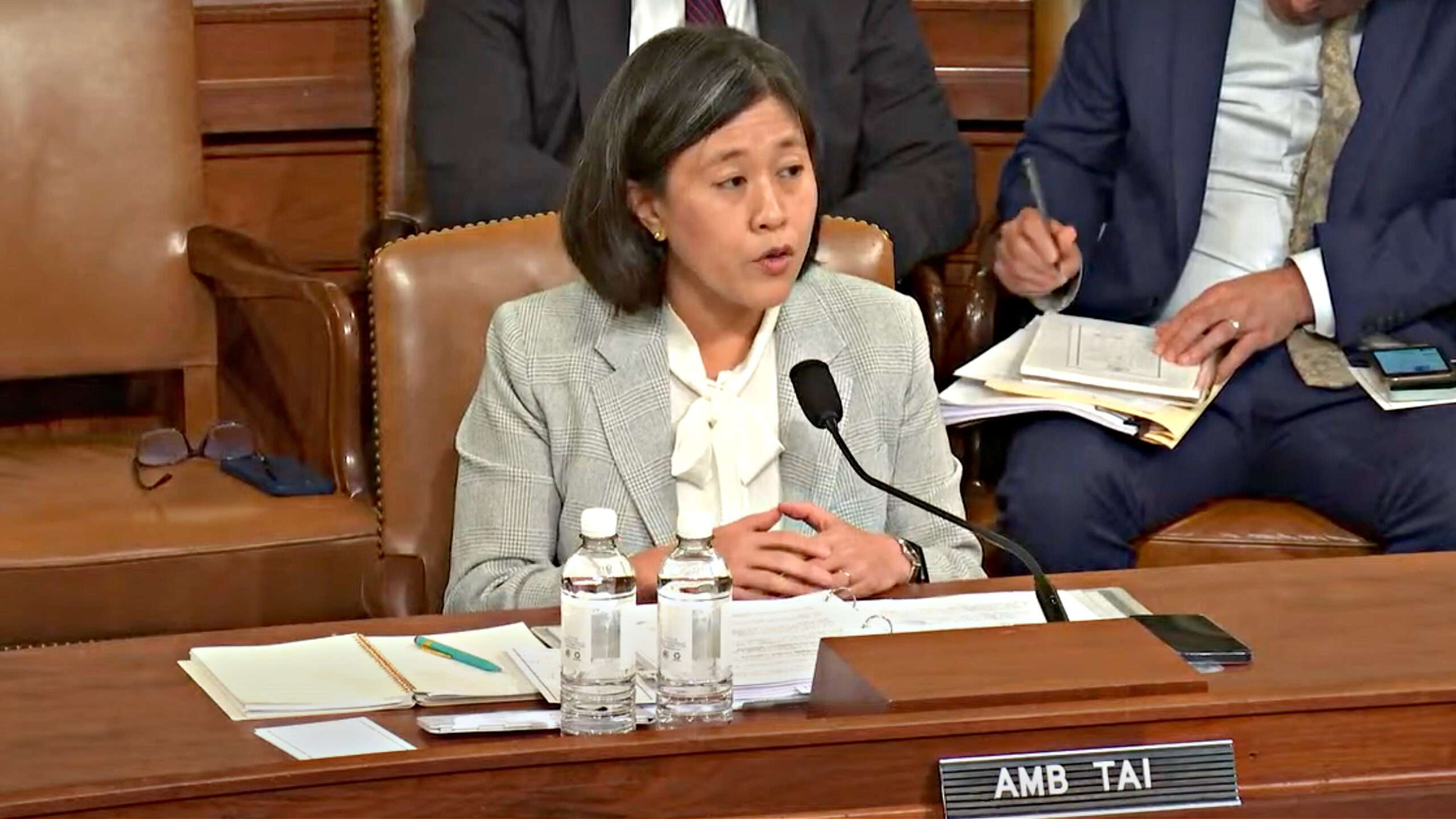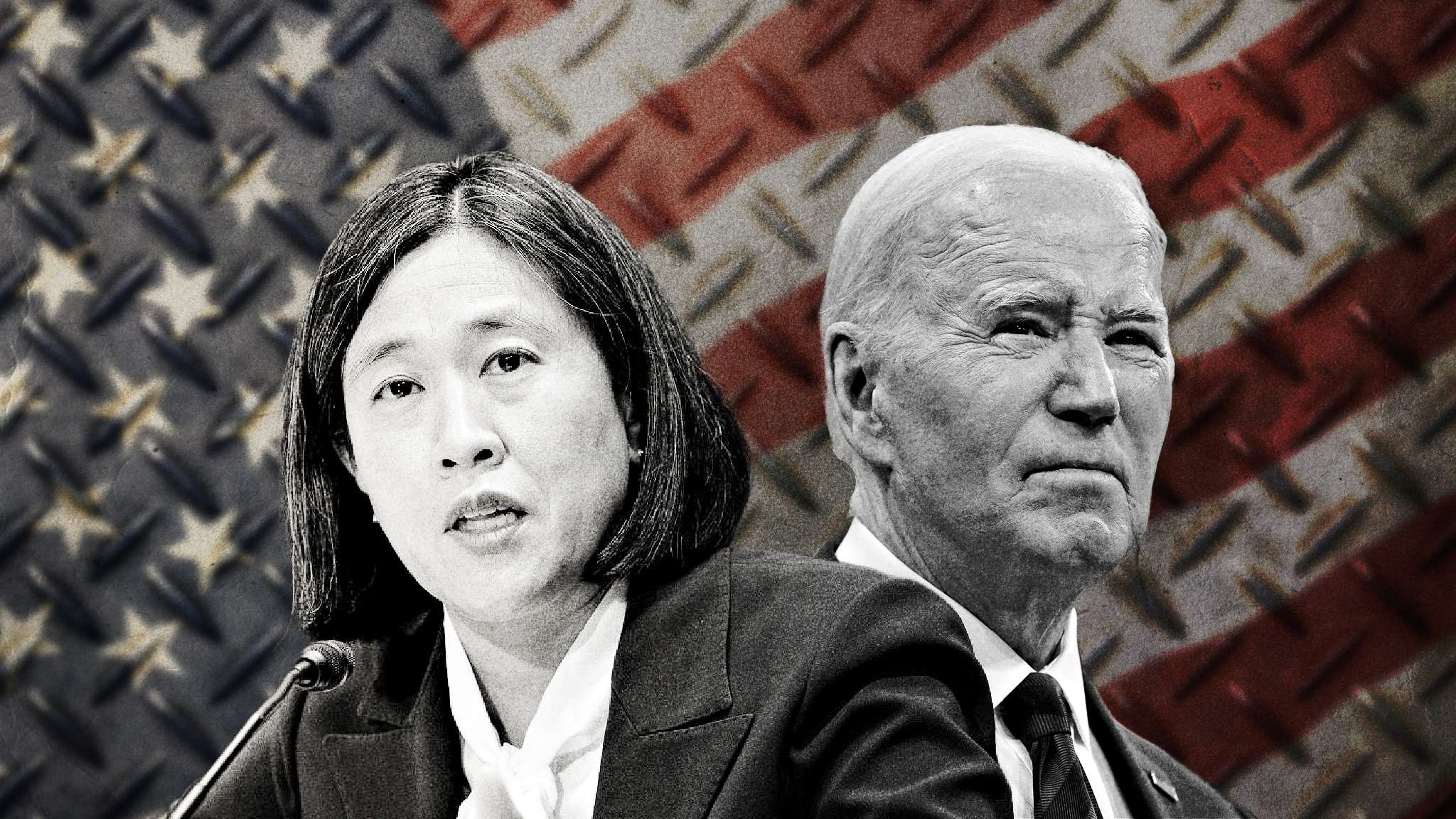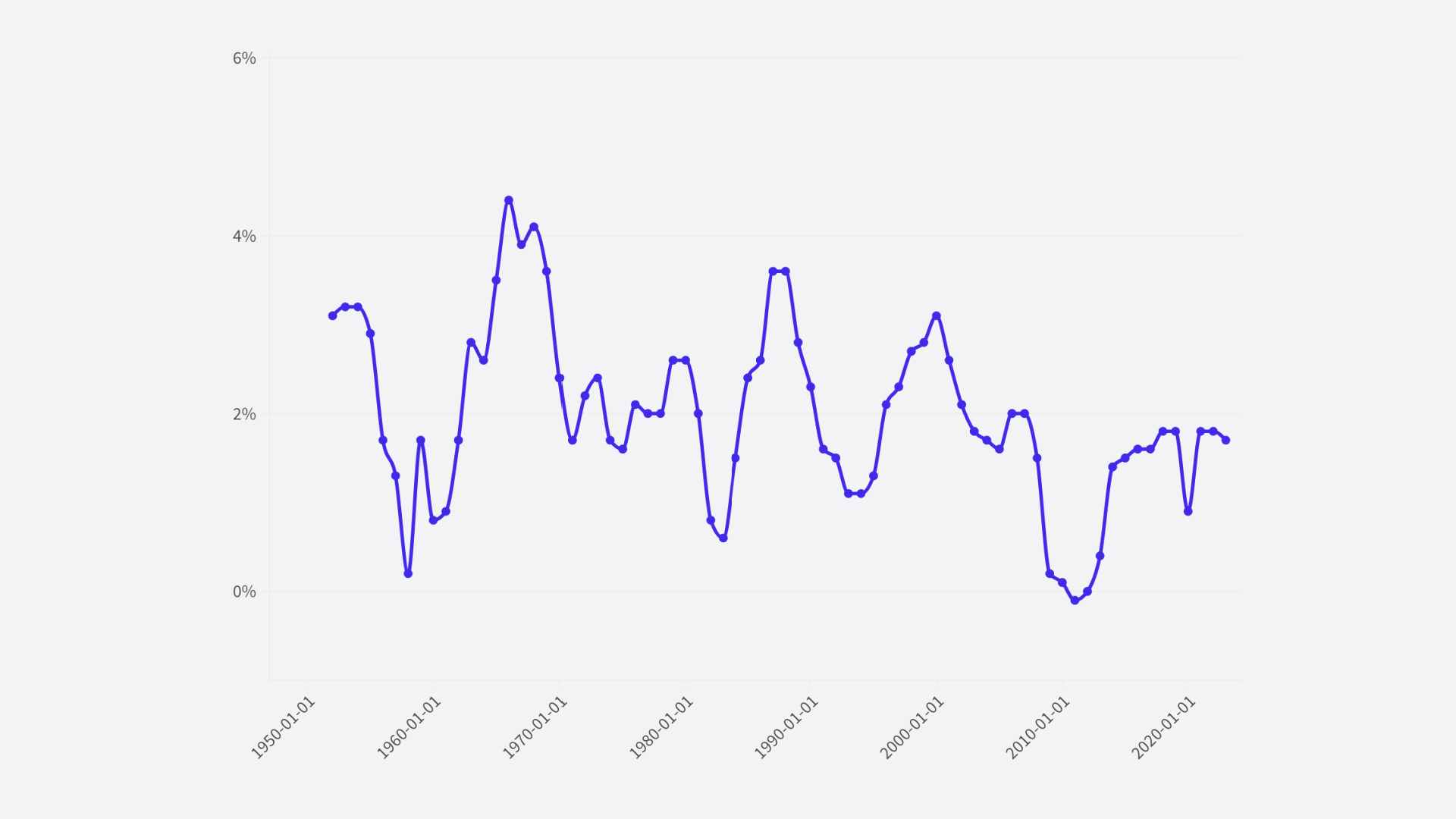Excerpt: “Congress must act to strengthen the Buy American Act, not weaken it, eliminate the incentives for offshoring, and provide incentives for bringing manufacturing back to America.”
The Buy American Act was passed by Congress in 1933. It required the U.S. government to give preferential treatment to American producers in awarding of federal contracts. The Act restricted the purchase of supplies that are not domestic products. For manufactured products, the Buy American Act used a two-part test: first, the article must be manufactured in the U.S., and second, the cost of domestic components must exceed 50 percent of the cost of all its components.
[Michele Nash-Hoff | June 4, 2019 | SavingUSManufacturing.com]
After the end of the Cold War and the end of the subsequent Gulf War in 1991, the provisions of the “Buy America Act” were eased to allow purchasing off the shelf commercial parts (COTS) from foreign countries by the Defense Department and other government agencies if they met the same fit and function of parts made to strict military specifications. Previously, parts, assemblies, and systems were required to be substantially made in the United States or in a NATO country, such as Great Britain, France, or Germany.
In the early 1990s, most commercial parts were still being made in the United States, with some outsourcing to the Philippines, Hong Kong, and Singapore, so this change was pretty safe. However, permitting commercial parts to replace Military Specification parts probably drove out of business the small companies that catered exclusively to the military and providedTraceability of Origin per Military Specifications for parts supplied to government agencies, military contractors, and subcontractors. This was all done in the name of cost savings.
Gradually over the last 26 years, the manufacturing of most commercial electronic components and microchips was transferred offshore, so that now they are fabricated in China, Vietnam, or South Korea.
This is the root cause of counterfeit Chinese parts becoming part of the military/defense industrial supply chain.
The President has authority to waive the Act in response to the provision of reciprocal treatment to U.S. producers. Under the 1979 GATT Agreement on Government Procurement, the U.S.-Israel Free Trade Agreement, the U.S.-Canada Free Trade Agreement, the North American Free Trade Agreement, the Central American Free Trade Agreement, and the Korea Free Trade Agreement, access to government procurement is granted by certain U.S. agencies for goods from the partner countries to these agreements.
It was reported by Reuters in January 2014 that “The Pentagon repeatedly waived laws banning Chinese-built components on U.S. weapons in order to keep the $392 billion Lockheed Martin Corp F-35 fighter program on track in 2012 and 2013, even as U.S. officials were voicing concern about China’s espionage and military buildup.”
To address weaknesses in the defense supply chain and to promote the adoption of aggressive counterfeit avoidance practices by the Department of Defense and the defense industry, an amendment to the National Defense Authorization Act for Fiscal Year 2012 was adopted in the Senate and signed by President Obama.
Instead of implementing the requirements of the Act, it appears that DOD “entered a new phase… characterized by globalization of supply chains” according to Richard McCormack, publisher and producer of the Manufacturing & Technology News, May 20, 2015 edition.
McCormack reported on comments made by Bill Lynn, CEO of Finmeccanica North America and former Deputy Secretary of Defense from 2009 until 2011, at the April 29, 2015 meeting of the Center for Strategic and International Studies in Washington, D.C.
The defense sector and the U.S. military have “moved from being a net exporter of technology to a net importer,” Lynn stated, adding “When their R&D budgets are combined to total a scant $3 billion (or only 1.6 percent of revenue), the five biggest defense contractors — Boeing, Lockheed, Raytheon, L3 and Northrop — would not even make the list of the top 20 global companies that invest in R&D.”
Lynn told the meeting, “Those are things where the commercial industrial base is stronger than the defense industrial base and in many ways the key to maintaining our future [defense] technology edge is to be able to import those technologies into our defense industrial base… Since many of the underlying technologies now reside outside of the United States, DOD has to figure out how to deal with foreign corporations and state-owned enterprises that hold the keys to its success.”
McCormack noted, “The Department of Defense and its major contractors are now dependent on foreign manufacturers for many of the military’s most advanced weapons systems…The defense industry is a shadow of its former self, representing less than 3.5 percent of the U.S. economy, a position that continues to decline as defense budgets reach new lows with no chance of them growing faster than the economy.”
Lynn commented that “DOD is slowly catching up to the structural change caused by globalization of technology and supply chains. It is wrestling with the regulatory and procurement systems it has in place to monitor and conduct business with foreign suppliers, but it has little time to waste.”
Lynn stated “that changing perceptions about foreign involvement in the defense industry are similar to what happened in the U. S. auto sector…Americans and their representatives in Congress were skeptical about foreign nameplates. But as foreign auto companies started building technologies in the United States and hiring American workers, the tide turned… “
It is incomprehensible to me to compare what happened to the U. S. auto industry to what is happening to the U. S. defense industry. The whole purpose of the defense industry is to protect our national sovereignty and national security. How can anyone in their right mind want to make our defense supply chain vulnerable to the foreign country, namely China, that has a written plan to replace the U.S. as the world’s super power? The Chinese have stolen our technology to build up their own military power as evidenced by the uncanny similarity of China’s stealth fighter, the J-31and the Chengdu J-20 fighter jet to the F-35 Lightning II advanced fighter jet.
Does anyone believe that we will get the parts and assemblies needed by our defense industry when China has decided we are so weak that we cannot stop their aggression in Asia? We are not even safe to have parts sourced in Taiwan, South Korea, the Philippines, Malaysia, Indonesia, or Vietnam. These countries would all be targets for takeover by China once the Chinese lose their fear and respect for U. S. naval and air power.
Four of the last five sessions of Congress attempted to address this problem, but the following bills to strengthen the Buy American Act introduced in Congress failed to be enacted:
H.R. 4553 (111th), introduced February 2, 2010
S. 2391 (113th), introduced May 22, 2014
S. 2167 (114th), introduced October 8, 2015.
At least, President Trump issued an Executive Order on Buy American and Hire American onApril 18, 2017, which set forth a policy to “maximize …use of goods, products and materials produced in the United States” through federal procurements.
This was followed by the introduction of the 21st Century Buy American Act (S.2196) on Dec. 6, 2017 by Sen. Chris Murphy, D-CN, and a similar bill, H.R. 4812 introduced in the House by Representative David Cicilline. D-RI. Both bills aimed to strengthen existing Buy American standards, but after considerable support, both failed to be enacted. The legislation focused on five change areas.
- The cost of components test for non-commercial-off-the-shelf items would be modified to require that an item’s U.S. component costs exceed 60% of the item’s total costs for the item to be deemed “domestic.” From the current 50%
- The so-called “overseas exemption” regarding items procured for use outside the United States would be limited significantly.
- Agencies would not be permitted to apply a public interest exception unless it considers the short-term and long-term effects of applying such exception on employment within the U.S.
- A program to make or guarantee loans would be created for contractors seeking to manufacture certain items that are not currently manufactured in the U.S.
- Actions would be taken to increase transparency related to the use of exceptions
On May 2, 2019, Congressmen Dan Lipinski (IL-3) and Mike Bost (IL-12) “reintroduced the BuyAmerican.gov Act, which helps ensure that federal agencies adhere to Buy American laws and prioritize the purchase of American-made goods. The legislation, H.R. 2472, directs the General Services Administration to establish a website, BuyAmerican.gov, to collect and display information about each request by a federal agency to bypass ‘Buy American’ laws and purchase foreign-made products. Once the law is approved, manufacturers and others will be able to use the site to identify contract opportunities and challenge pending ‘Buy American’ waivers sought by federal agencies.”
The press release stated, “In the last five years, federal agencies have spent $34 billion on goods manufactured by foreign firms. The Department of Defense, the largest purchaser of manufactured goods in the world, has spent almost $200 billion on manufactured goods made by foreign companies since 2007.…This bill applies “Buy American” requirements to federal spending programs that are not covered under current law and closes loopholes in “Buy American” programs.
Under current law, federal agencies are exempt from following Buy American laws if American-made goods are unavailable or cost-prohibitive. Unfortunately, federal agencies are too often abusing this waiver authority and there’s no way to hold them accountable,” Lipinski said.”
Senators Rob Portman (R-OH), Chris Murphy (D-CT), Lindsey Graham (R-SC), and Sherrod Brown (D-OH) introduced companion legislation the same day in the Senate.
This bill increases transparency related to waivers and exemptions to the Buy American Act, but it doesn’t address the other four issues that previous bills addressed.
Congress must act to strengthen the Buy American Act, not weaken it, eliminate the incentives for offshoring, and provide incentives for bringing manufacturing back to America. We must protect the supply chain for defense and military products and systems, so that the Defense Department can fulfill its primary mission of defending our country.
Read the original article here.
Leave your comments below:













